Newsletter I&I nieuws
Sep 28: KWF grant for Jurgen Kuball for optimization of immune therapy in colon cancer

Professor of hematology Jurgen Kuball (CTI) receives a KWF consortium grant of more than € 1 million to optimize a new form of immunotherapy for colon cancer. In the coming years he will work on this with the Hubrecht Institute, the PMC and the University of Freiburg. They will focus on the innate immune system, a part of the immune system that is already present at birth and does not recognize genetic abnormalities.
Read moreI&I Annual Scientific Meeting 2020
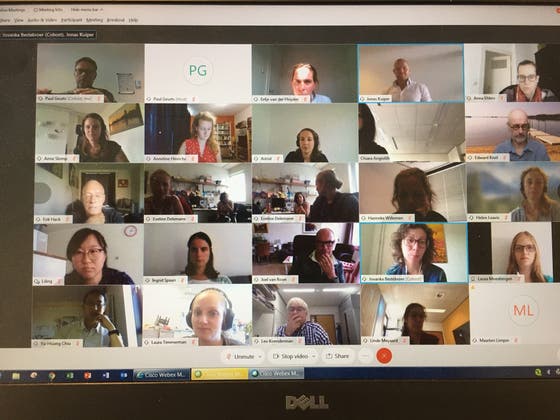
As a consequence of the COVID-19 pandemic we unfortunately had to cancel the I&I Annual Scientific Meeting 2020, originally scheduled to take place on May 27 at Villa Jongerius in Utrecht. This summer we have looked at the possibilities to organize an alternative and, as a result, we organized on September 17 the first Online Symposium of Strategic Program I&I, hosted by Jonas Kuiper (CTI).
Read moreSep 16: Novel computational approaches to predict and reconstruct bacterial plasmids

Newly developed user-friendly bioinformatics tools to predict and reconstruct bacterial plasmid sequences provide new insights in dissemination patterns of antimicrobial resistance of a wide range of bacterial species. This was concluded by Sergio Arredondo-Alonso who received his PhD this week from Utrecht University.
Read moreSep 9: Anti-apoptotic proteins potential therapeutic target for multiple myeloma
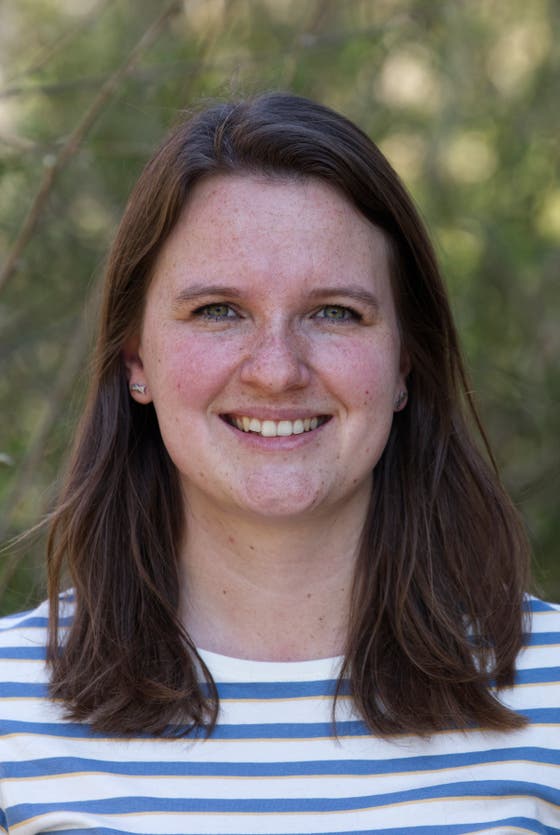
Inhibition of MCL-1, an anti-apoptotic protein, is a promising therapeutic strategy in the treatment of multiple myeloma. Moreover, amplification of locus 1q21 may have diagnostic potential as a marker to predict MCL-1 inhibitor sensitivity in patients with multiple myeloma. These were the main conclusions drawn by Anne Slomp who defended her PhD research on September 9 in Utrecht.
Read moreJul 9: Monoclonal IgA antibody therapy: Instigating neutrophils against cancer

Using IgA (rather than IgG) antibody therapy, it was possible to attack tumor cells in lymphoma and neuroblastoma, leading to efficacy in preclinical models and a reduction in side effects. In addition, IgA antibodies could positively influence the tumor microenvironment, with which immunotherapeutic treatments could possibly be improved. These were the main findings in the PhD thesis by Mitchell Evers who obtained his doctorate title from Utrecht University on July 9.
Read moreSARS-CoV-2 detecting the virus and immunity
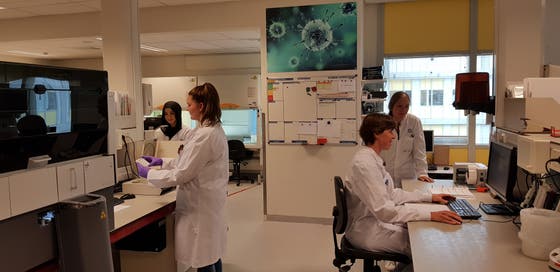
At the beginning of March it was clear that the corona pandemic was not going to skip the Netherlands. Medical Microbiology (MMB) was in for a busy period. MMB staff were rapidly being prepared to make the diagnosis of this infection, and microbiology experts were involved in the coordination, organization and implementation of all kinds of matters relating to the SARS-CoV-2, both at the UMC Utrecht and at the national level.
Read moreJun 25: Markers that predict risks for developing chronic respiratory disease after COVID-19
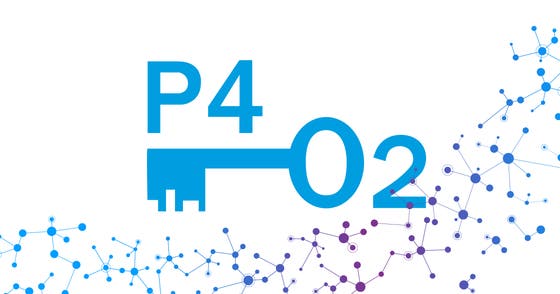
The COVID-19 extension of the Health Holland project “Precision Medicine for more Oxygen” (P4O2) aims to find those ex-COVID-19 patients who need extra attention to prevent the development of chronic lung disease. This became even more important with the outbreak of COVID-19. A broad consortium, with participation of UMC Utrecht, was recently built (research organizations, pharma, imaging and data analysis companies, patient representatives and more) to contribute to research that might prevent long-term consequences of COVID-19.
Read moreJun 25: UMC Utrecht participates in nasal airway cell model development project for COVID-19 drugs

There is a high demand for SARS-CoV-2 antiviral therapies that may limit COVID-19 severity in susceptible individuals. At the end of March, Health~Holland set up a call for COVID-19 related research proposals. Recently, it was announced that that so far 17 projects have been granted a Public Private Partnership (PPP) Allowance to start their research. CLEAR COVID-19 is one of the projects coordinated by UMC Utrecht that focuses on development of nasal airway epithelial cell models for COVID-19 drug development.
Read moreJun 18: Differentiating between orbital inflammation and lymphoma

A clinical model composed of five variables was able to distinguish between lymphoma and orbital inflammation in patients presenting with an orbital mass lesion. In addition, using a systems medicine approach, molecular characterization of the immune system was found to have potential to complement conventional diagnostics and may result in the development of powerful diagnostic tools that are less invasive. These were the main findings by Kamil Laban in his PhD research, performed at UMC Utrecht.
Read moreJun 12: Role of neutrophil biomarkers in immune-based decision making after trauma
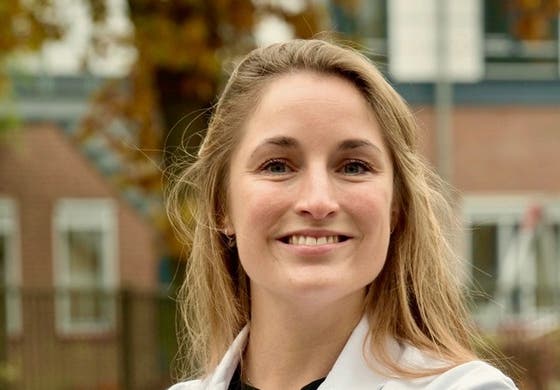
Guiding immune-related decisions by objectively determining the patient's immune status, or "immune-based decision making," can be a first step towards personalized treatment after polytrauma. This is what Lilian Hesselink concluded in her thesis for which she obtained her PhD on 12 June.
Read more